The Colgan Heritage Week-end will have a special talk on the Great Famine to be given by Mr Goodbody, whose family was active in famine relief in the 1840s in the county. As the famine waned, life in the workhouse improved. For Easter Sunday 1869, the Guardians treated the inmates to a celebratory Easter lunch consisting of fresh meat, with liberal amounts of ale and a ration of tobacco for those who wanted it. Breakfast was wholesome with boiled eggs, tea and bread. Numbers had dropped from a peak in 1847, when fever raged, to 165 in 1869. The youngest was 65 and three were over 100, including Anne Doherty from Glentogher who was 106. Two of the inmates were long-stay patients and had been there for 22 years. Free bibles and prayer books were available in the chapel and there were ministers for the three main denominations available.
Life in Carn has changed in other ways too. As the country heads for a referendum, the town has the appearance of a normal working day. This is in contrast with election day in October 1890 when William O’Doherty drew packed crowds into the Diamond and every window glowed with candlelight. There was a huge platform beside the market house (now demolished) and Fr Philip O’Doherty was one of the key speakers. They were all assembled in support of the Independent Irish Party which was led by John Redmond. The rabble-rouser MP, Frank Hugh O’Donnell (nicknamed Frank the Crank) sent a telegram – “Stand by O’Doherty – kick the intruder out”.
It is sad to see the slow but steady decline in industrial activity in the town over the last 100 years. At one time, the town had its own creamery but it closed shortly after the war. In 1928, attempts were made to revive it but economic difficulties prevented a local committee from taking action. The Department of Agriculture was offering three quarters of the cost of the building. Farmers would hold shares based on payment of £1 per cow. It was estimated that the creamery could be built for £4,500. The economic war of the 1930s and the advent of World War 2 brought hardship to the land and several decades would elapse before the co-operative movement would take steps to inject some life into the local economy. Sean Beattie (the day before the referendum) PS the “reply ” button is not working on this site.
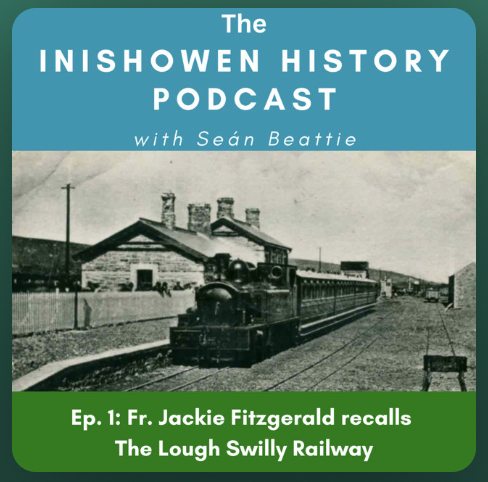
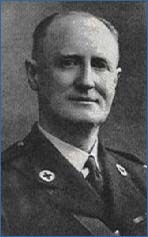
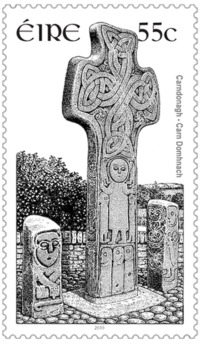
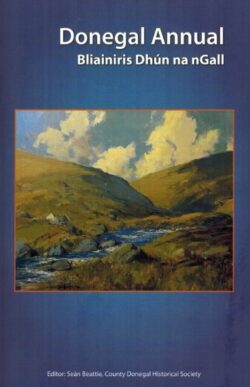
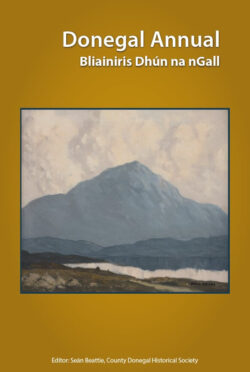
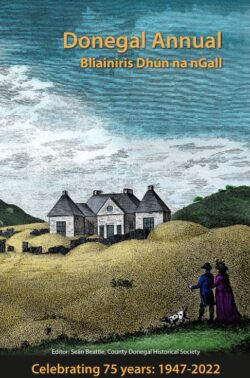


Betty Morrow
Very good Sean, I love to read all your history stories and enjoy every one of them.
Thanks again,
BM